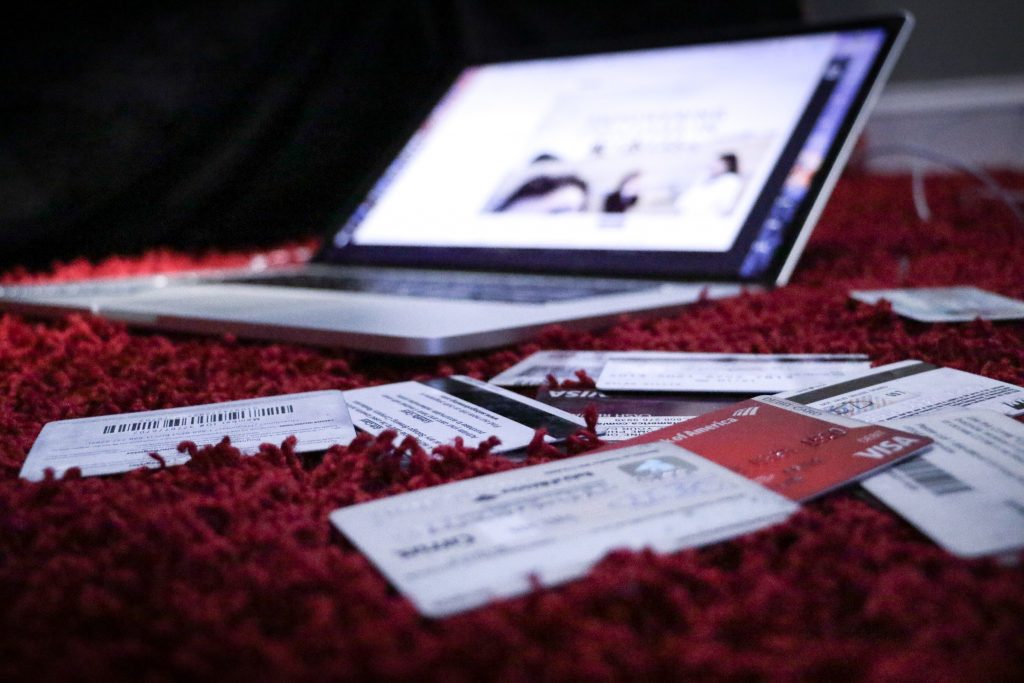
Credit cards are financial tools that allow individuals to make purchases on credit. When you use a credit card, you are essentially borrowing money from a financial institution, usually a bank, to pay for goods and services. Here are some key points to understand about credit cards:
- Issuers: Credit cards are typically issued by banks or other financial institutions. Visa, Mastercard, American Express, and Discover are major credit card networks that facilitate transactions and are widely accepted by merchants.
- Credit Limit: Each credit card comes with a credit limit, which is the maximum amount of money you can borrow using the card. The credit limit is determined by the card issuer based on factors such as your creditworthiness, income, and repayment history. It’s important to stay within your credit limit to avoid over-limit fees and potential negative impacts on your credit score.
- Billing Cycle and Statements: Credit card usage is typically measured in billing cycles, which are specific periods, usually monthly, during which your purchases and payments are recorded. At the end of each billing cycle, the credit card issuer generates a statement that details your transactions, the minimum payment due, and the due date.
- Minimum Payment and Interest: Credit cardholders are required to make a minimum payment each month, which is usually a small percentage of the total balance owed. However, paying only the minimum amount will result in accruing interest on the remaining balance. If the full balance is not paid by the due date, interest charges will be added to the outstanding amount.
- Interest Rates: Credit cards have interest rates, also known as Annual Percentage Rates (APRs), which represent the cost of borrowing money. Interest rates can be variable or fixed and vary based on factors such as your creditworthiness and prevailing market rates. It’s important to pay attention to the interest rate when choosing a credit card and to understand the impact of carrying a balance.
- Rewards and Perks: Many credit cards offer rewards programs or perks to cardholders. These can include cashback, travel rewards, points for purchases, airline miles, or discounts on specific purchases. Rewards and perks can vary among credit card issuers and different card types, so it’s important to consider your spending habits and choose a card that aligns with your preferences.
- Credit Score Impact: Credit card usage and payment history can have a significant impact on your credit score. Timely payments and responsible credit card management can help build and improve your credit score. On the other hand, missed payments, high credit card balances, and excessive credit utilization can negatively affect your creditworthiness.
- Fraud Protection: Credit cards often come with fraud protection features to safeguard against unauthorized charges. It’s important to promptly report any suspicious or unauthorized transactions to your card issuer to minimize liability.
- Fees: Credit cards may have various fees associated with their use, such as annual fees, balance transfer fees, foreign transaction fees, cash advance fees, and late payment fees. It’s important to review the terms and conditions of a credit card to understand the fees that may apply.
When using a credit card, it’s advisable to use it responsibly, keeping track of your spending, making timely payments, and avoiding excessive debt. Paying off your credit card balance in full each month can help you avoid interest charges and maintain a healthy credit profile.
